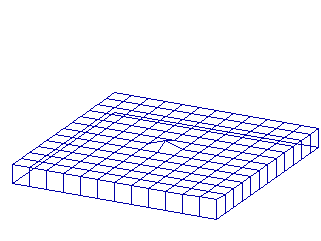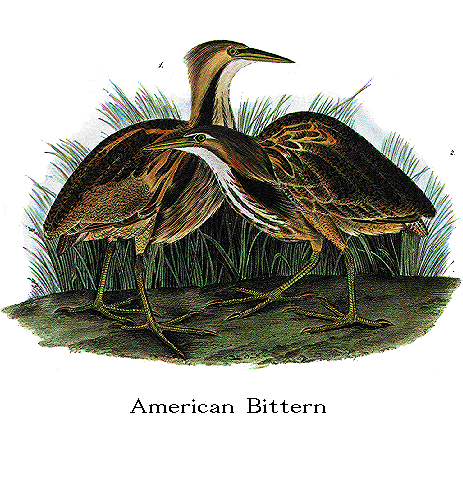 • Index description
• Index descriptionNavigating the site:

Science, Technology, and Environment
Are three bodies of knowledge that form an interconnected and interdependent mesh of our experiences that combine to explain the results of any impacts on the surrounding conditions of material existence.
Readings for the class:
- Reading the Environment
- Environmental Science
- Empathy with nature
- The Future of Life, E. O. Wilson
- Living Downstream, Sandra Steingraber
- Genetic constitution of the human animal
Basic terms for the course:
Class syllabus is under construction.
Words I use often
lecture and discussion Guide
Course description

Can the Earth’s natural surroundings absorb further human impacts and still sustain our needs? This class actively questions our beliefs and behavior in order to reveal the means we have to improve the world. Together we examine the revolutionary character of science because recent genetic discoveries influence what and how we think about the material conditions of existence. We also explore the capacity of technology to transform the physical and biological environment beyond our recognition.
This course’s inquiry unveils the clash of knowledge and practice
that demonstrates an eternal tension between what we know and what we
do. We will discuss, write and argue about how social actions are shaping
our future global ecology. We want to measure precisely how devastating
our current impact is on water, energy, air and land. By using on-line
and traditional sources of investigation we analyze the human compulsion
to understand and alter our place in nature. To
better comprehend your impact on the earth, we examine ecological
responses to growing human burdens in case studies and stories.
In each of the stories and cases analyzed we discuss the role humans ought
to play in knowing, altering and restoring the biological diversity of
our imperiled planet. By visualizing the use of tools to ease our living
conditions as an intrusion into nature, the class shows how the design
of technology may be used to control, coerce, compel and comfort us.
Through redesigning how we live and work, the texts reveal how you can restore our constructive relations with the natural world. By focusing on a text-based project in the course students will be asked to actively participate in becoming better custodians of the inhabited world’s rare, meaningful, and sustaining features.
Subject areas:
Responsibility for Nature



